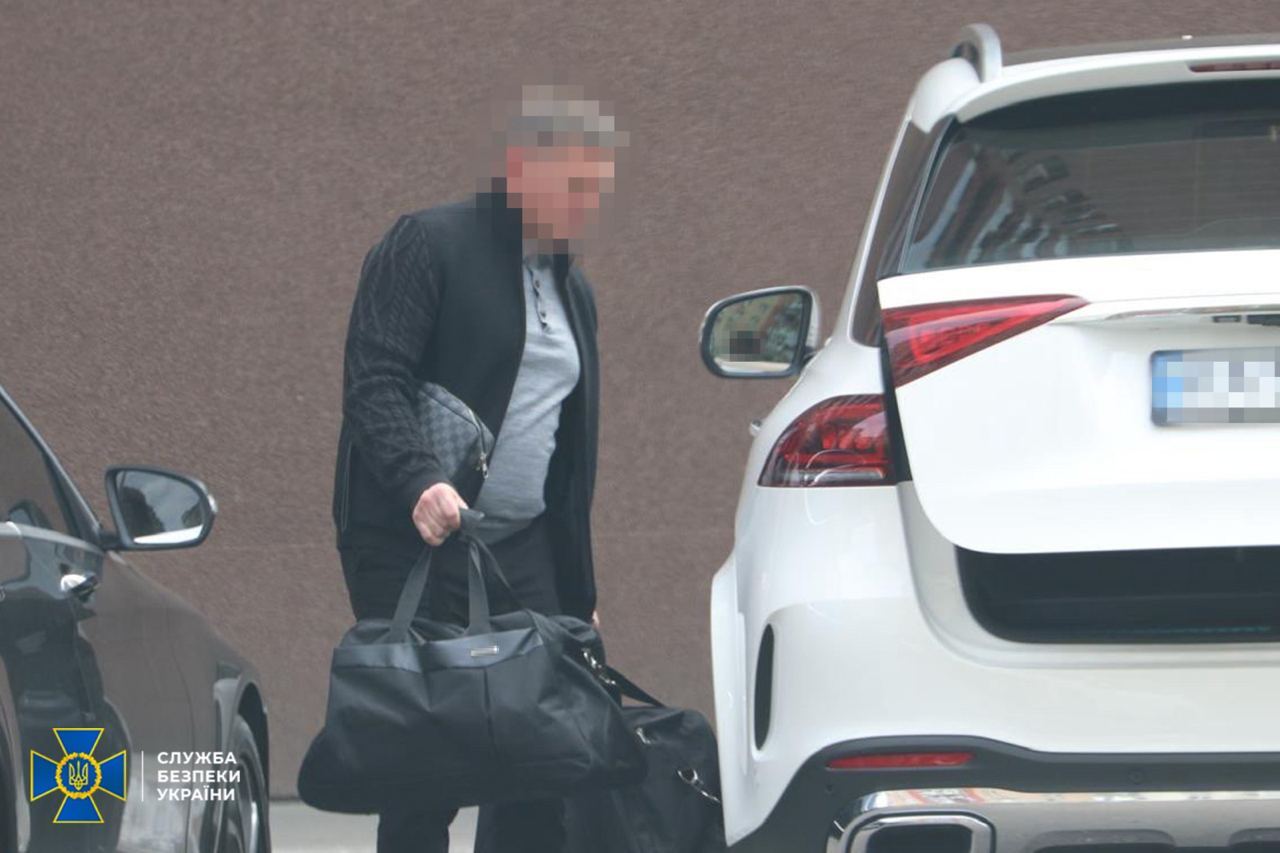Inside Russia’s dozens of attempts to kill Ukrainian President Volodymyr Zelensky
Ukrainian President Volodymyr Zelensky has survived dozens of assassination attempts. Ukraine’s security service has foiled at least three
Your support helps us to tell the story
From reproductive rights to climate change to Big Tech, The Independent is on the ground when the story is developing. Whether it's investigating the financials of Elon Musk's pro-Trump PAC or producing our latest documentary, 'The A Word', which shines a light on the American women fighting for reproductive rights, we know how important it is to parse out the facts from the messaging.
At such a critical moment in US history, we need reporters on the ground. Your donation allows us to keep sending journalists to speak to both sides of the story.
The Independent is trusted by Americans across the entire political spectrum. And unlike many other quality news outlets, we choose not to lock Americans out of our reporting and analysis with paywalls. We believe quality journalism should be available to everyone, paid for by those who can afford it.
Your support makes all the difference.Ukraine’s security services (SBU) have foiled another assassination attempt on Ukrainian President Volodymyr Zelensky.
The SBU said they had arrested two colonels in the State Guard of Ukraine who had reportedly been recruited before Vladimir Putin’s full-scale invasion of Ukraine by Russia’s security services, the FSB, to kill Mr Zelensky. The State Guard is usually charged with protectecting the country’s top officials.
The suspects were arrested on suspicion of enacting a plan drawn up by the FSB, according to a statement by the SBU.
Head of the SBU Vasyl Malyuk said the assassination was supposed to be a “gift” from the FSB to Vladimir Putin ahead of his inauguration on Tuesday following a sham election.
But it is not the first time that the Kremlin has tried to assassinate Mr Zelensky. It is likely not to be the last, either.
In an interview last year, Mr Zelensky said he was aware of at least “five or six” attempts on his life, though aides claimed in March that the Ukrainian leader had been targeted dozens of times. They said that he had survived three attempts in one week.
It has also been claimed that more than 400 mercenaries from Russia’s Wagner Group were reported to have been in Kyiv in February 2022, when Putin launched his invasion, with orders to kill Mr Zelensky as part of a “decapitation strategy”.

While the exact number of assassination attempts is unknown, The Independent has compiled everything we know about the attempts that have been made public.
Prior to the foiled attempt reported on Tuesday, the last failed assassination plot was publicised by the SBU in April.
Together with Polish law enforcement officers, the SBU exposed a Russian agent who was planning to collect and transfer information about the security of the Rzeszow-Jasionka airport in Poland, from where Mr Zelensky flies during international trips.
In a statement on 18 April, the SBU wrote: “SBU employees and Ukrainian prosecutors informed their Polish colleagues about a possible assassination attempt and handed them key evidence in this case.
“Thanks to successful actions and prompt exchange of information between the countries, it was possible to identify and detain a recruited agent of the Russian special services on the territory of Poland.”
In August last year, the SBU detained another Russian informant who was gathering details of Mr Zelensky’s planned trip to Mykolaiv, a city in southern Ukraine.
The SBU said they caught the female suspect “red-handed” preparing to hand over details of the trip so that Russia could carry out an airstrike against the Ukrainian president.
The SBU said the suspect was a salesperson in a military store in nearby city of Ochakov, who travelled around the territory of the district to film the locations of Ukrainian military objects.
The suspect faces up to 12 years in prison.
On the first day of the war, on 24 February 2022, Russian special forces parachuted into Kyiv. At that time, Ukraine’s western allies were urging Mr Zelensky to leave the capital and set up a base outside the country. London was among the cities offered as a new base for the Ukrainian administration.
But the Ukrainian leader stayed in the capital. Mr Zelensky’s bodyguards sealed off his office with makeshift barricades and bits of plywood, and his decision to stay came to typify Ukrainian resistance to Russia.

Join our commenting forum
Join thought-provoking conversations, follow other Independent readers and see their replies
Comments